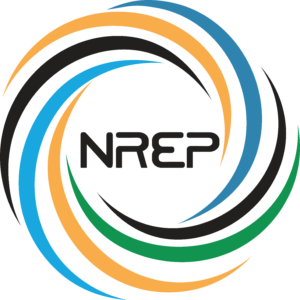December, 2024 Newsletter
Monthly updates from the National Renewable Energy Platform (NREP) and partners across the clean cooking ecosystem
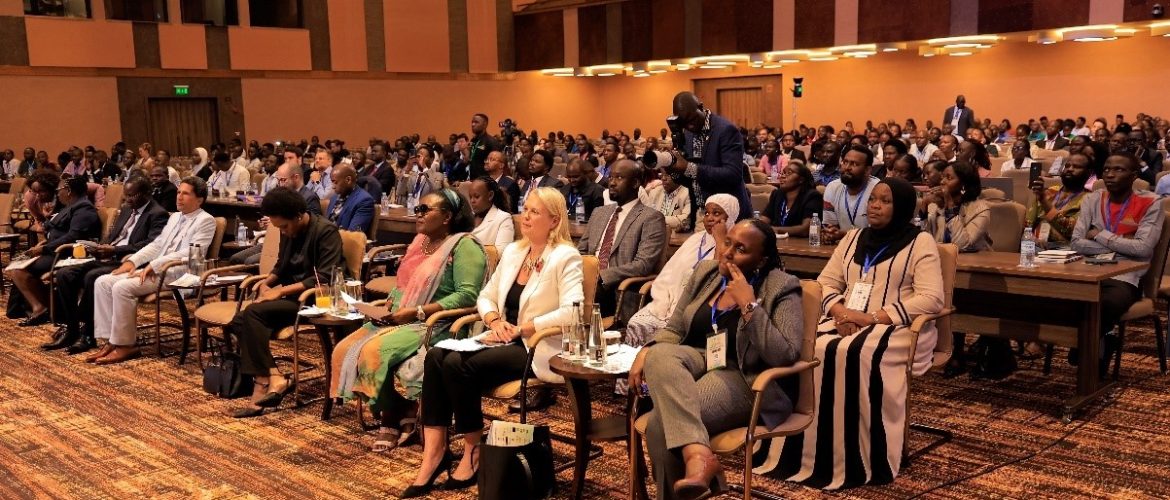
Communication from the Chairperson, Board of Trustees, NREP
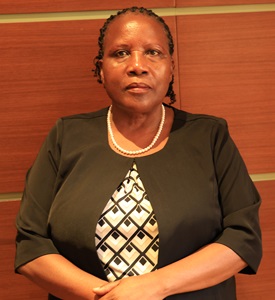
Specioza K. Ndagire
Chairperson, NREP Board of Trustees
Dear Reader,
Greetings!
It gives me great honour to welcome you to the inaugural edition of our National Renewable Energy Platform (NREP) newsletter. We are thrilled to embark on this exciting journey of knowledge-sharing, innovation, and collaboration with all of you.
As you may be aware, Uganda launched its Energy Transition Plan (ETP) in 2023, at COP 28. The plan draws from the status quo of Uganda’s energy context, while highlighting the barriers and opportunities for a just energy transition. Uganda is endowed with rich and diverse natural sources of energy. As such, optimal exploitation of energy resources is key towards socio-economic transformation of the country.
Limited information sharing, fragmentation, limited coordination, slow adoption, limited accountability and limited sustainability are some of the key issues that have continued to plague the RE sub-sector.
As emphasized in the ETP, Fast-tracking development and distribution of Renewable Energy (RE) and Energy Efficiency (EE) technologies is strategic as the country confronts new opportunities and challenges of the energy transition agenda including climate change, energy security, green growth, and energy poverty. Due to its cross-cutting priorities, the ET Plan dictates a need for focused, concerted and gradual series of actions.
Leveraging from its multi-stakeholder approach, NREP provides an inclusive and comprehensive framework for harmonizing and enhancing opportunities for RE, as outlined in the NREP Strategic Plan.
This monthly newsletter creates an opportunity to communicate, internalize and re-strategize RE interventions, focusing on the key stakeholders that form the NREP including Government; Development Partners; Private Sector; Research and Academic Institutions; and Civil Society Organizations.
Your support will be highly appreciated.
Kind regards,
Specioza K. Ndagire
Chairperson, NREP Board of Trustees
NREP Highlights
Uganda, a champion of electric cooking
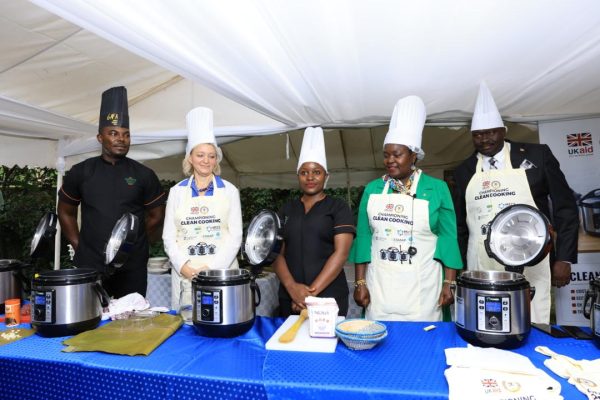
In its inaugural event, the British High Commissioner Emeritus to Uganda, H.E. Kate Airey, mentioned that the Uganda E-cooking program would enable access to 10,000 households across the country, with a particular emphasis on reaching 6,000 households in informal settlements.
What you missed at the Renewable Energy Conference & Expo, 2024
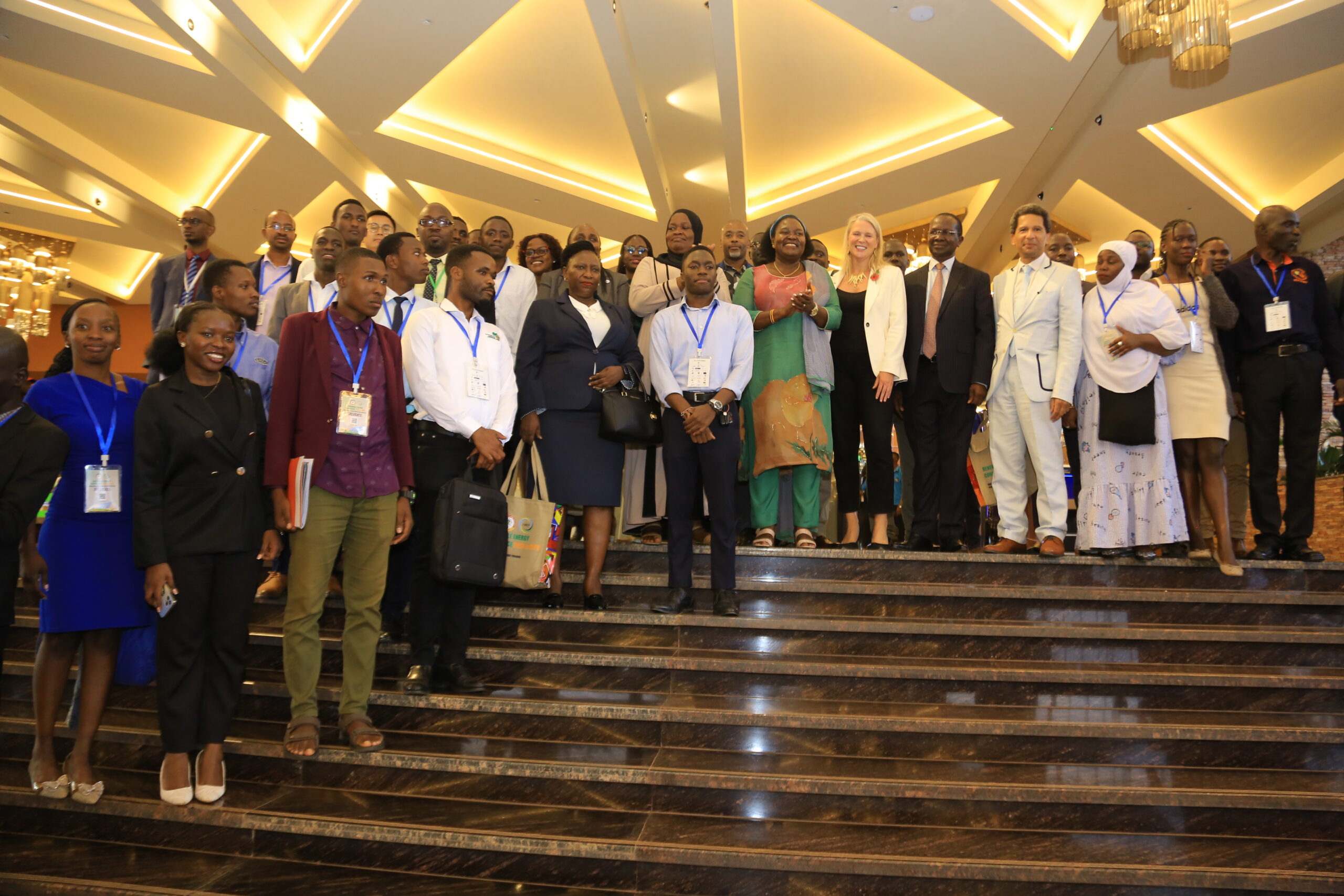
At the opening of the event, the Minister for Energy and Mineral Development – Uganda, Hon. Dr. Cannon Ruth Nankabirwa S. underscored the need to operationalize the Energy Transition Plan through strengthened partnerships and increased funding.
Post REC24&Expo networking and engagement series
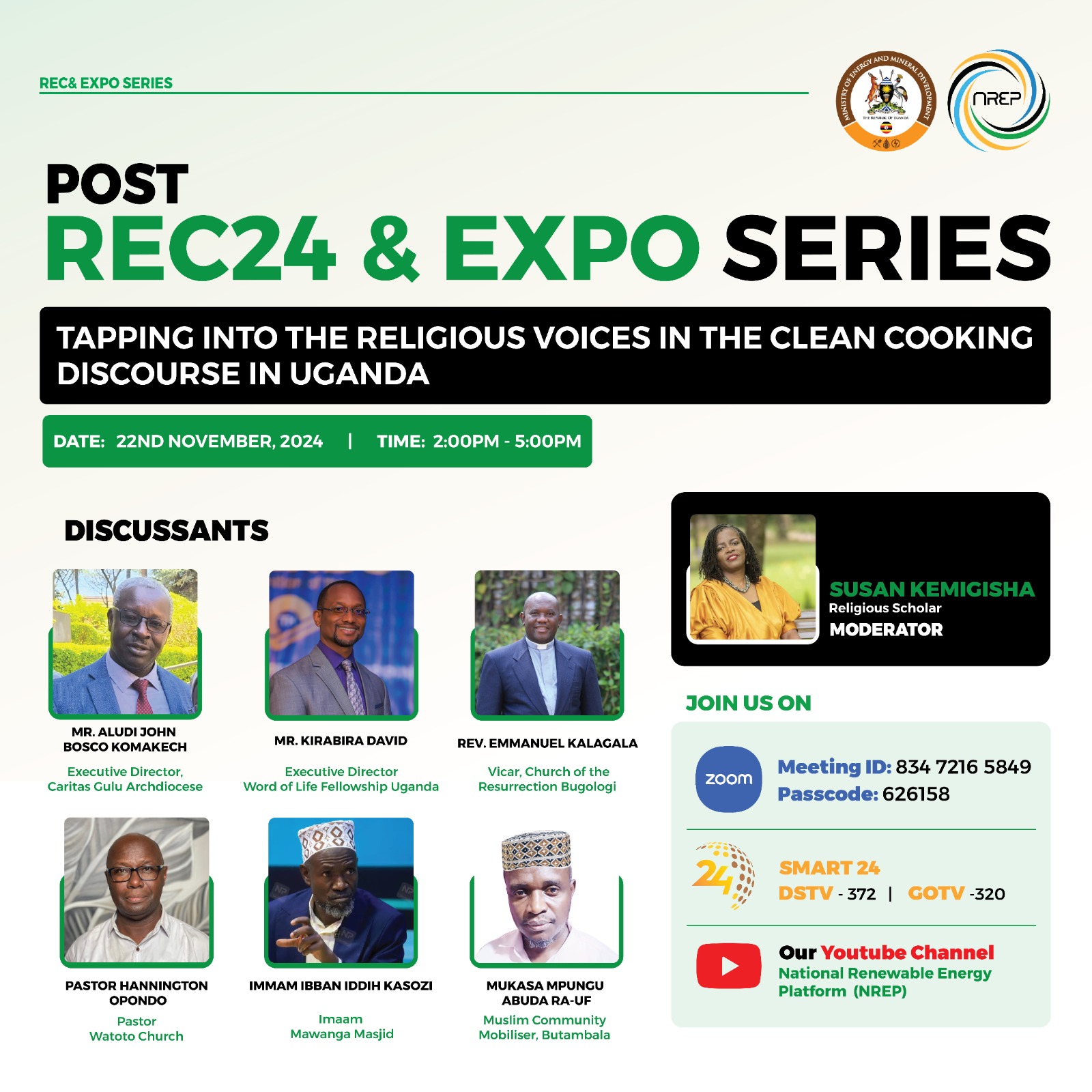
Tune in to listen to the voices of religious leaders from different factions as they decipher the phenomenon on clean cooking in the context of religion.
Leave No One Behind, a Ugandan Initiative
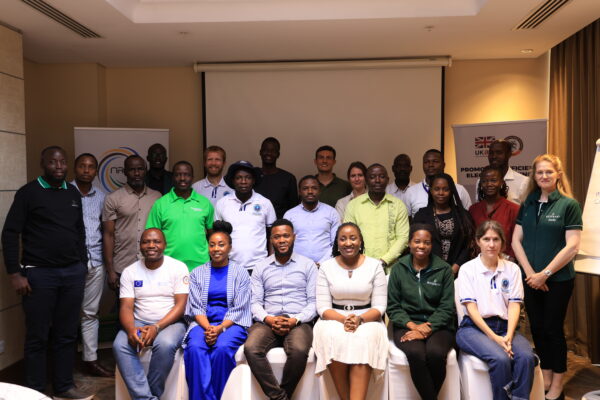
The NREP alongside other partners such as the Ministry of Energy and Mineral Development, UNEP Copenhagen Climate Centre etc. participated in the 3rd steering committee to oversee the implementation of the Solar-Electric Cooking Partnership for Displacement Contexts (SOLCO).
Insights into Ethanol for Cooking in Uganda
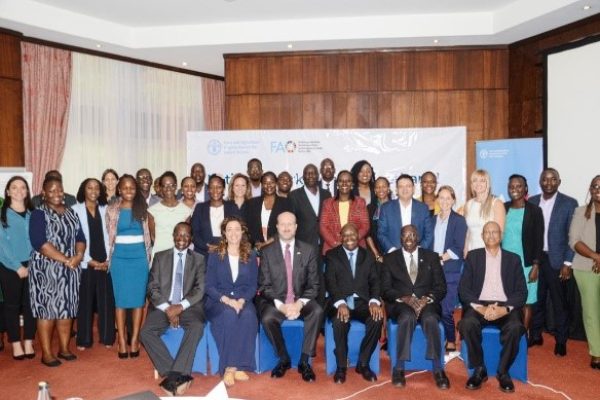
The NREP and partners in the clean cooking space joined the Global Bioenergy Partnership to scale up harness Uganda’s ethanol production and market potential for cooking purposes. Sugarcane and cassava distillers were among key participants at the event.
Stimulating the local market for clean energy through decentralized initiatives
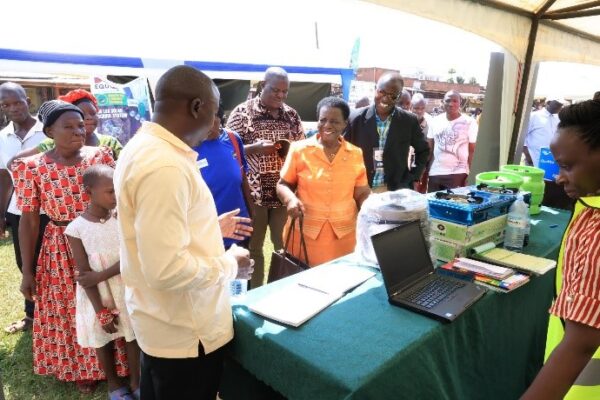
This newsletter brings you up to speed on what transpired at the 9th Edition of the Busoga Yaiffe Olwekobaano[1] and Energy Expo, 2024. The awareness, capacity building and sensitization campaign The NREP was invited to participate in the Busoga Olwekobaano and Energy Expo, from 5th – 7th December, 2024 in Kaliro District, with the theme “Taking access to affordable, reliable, and clean energy to more places and people using strategic partnerships to generate socio-economic change and to ensure sustainable development in Eastern Uganda.”
[1]Olwekobaano means a public gathering
RE Sector Highlights Around the Region and The Globe
A Just and Equitable Transition: Transformation of livelihoods in informal settlements
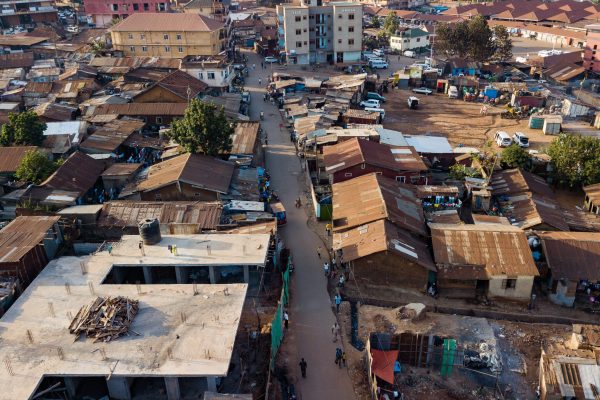
With support from the UK Government, the ICLEI in conjunction with Ministry of Energy and Mineral Development is implementing the Enabling African Cities for Transformative Energy Access Uganda Scale Up Project (ENACTUS) (2024-2026), which is a continuation of the ENACT project that was implemented in the period 2020-2024 in Kisenyi slum in Kampala City. The New Project will scale up activities from lessons learnt in the ENACT project to informal settlements within Greater Kampala Metropolitan Area (GKMA).
A clean cooking nationwide awareness campaign
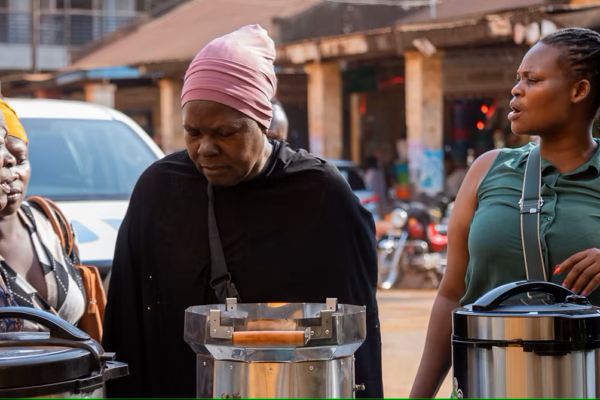
With support from the European Union and the UNFAO, the Uganda National Alliance on Clean Cooking (UNACC) is implementing a clean cooking campaign nationally with an aim to accelerate adoption of clean cooking through sensitization and education of the public and identification of last mile delivery models of clean cooking solutions. Interventions range from community sensitization workshops to open air exhibition events in communities.
Electricity Access Scale Up Project
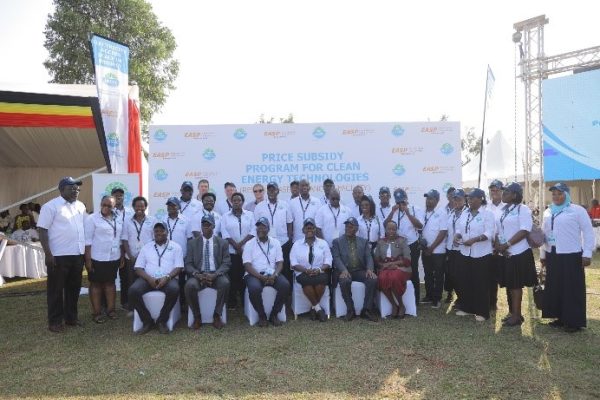
The Ministry of Energy and Mineral Development, with support from the World Bank is implementing the Electricity Access Scale Up Project (EASP), whose objective is to increase access to energy for households, commercial enterprises, industrial parks, and public institutions, including clean cooking. The price subsidy program for clean energy technology categories in the project was launched on 5th December, 2024 in Mitooma District.
Useful Links
Subscribe Now
Don’t miss our future updates! Get Subscribed Today!
Office Address: Amber House, 2nd Floor Block A, Room A203, Plot 29/33, Kampala Road Kampala, Uganda | Working Hours: Mon - Friday 8:00 - 17:00 | Postal Address 163345, Kampala, Uganda
©2024. NREP - Uganda. All Rights Reserved.
Objective:
The objective is to identify effective and efficient mechanisms for development of the renewable energy sector through technical skills expertise transfer and discourse in Uganda in general, and among the communities of practice in particular.
Output:
RE Technical skills Capacity, and Communities of Practice in place Strengthened.
Training, Research and Functional national think tanks on RE development and productive use of energy developed.
Objective:
The major objective is to strengthen renewable energy technological developments, deployment and transfer in Uganda. This will be through enhanced innovation and development of renewable energy technologies, piloting and transfer of more effective innovations in the renewable energy arena. The thematic group will promote latest technology, developing market linkages and commercialization
Output:
Renewable Energy Technology and Innovation development, transfer and deployment, development of market linkages strengthened in Uganda.
Increased adoption and deployment of renewable energy technologies among communities of practice, private sector, and across all consumer entities. Increased Market development and commercialization of contemporary technologies.


